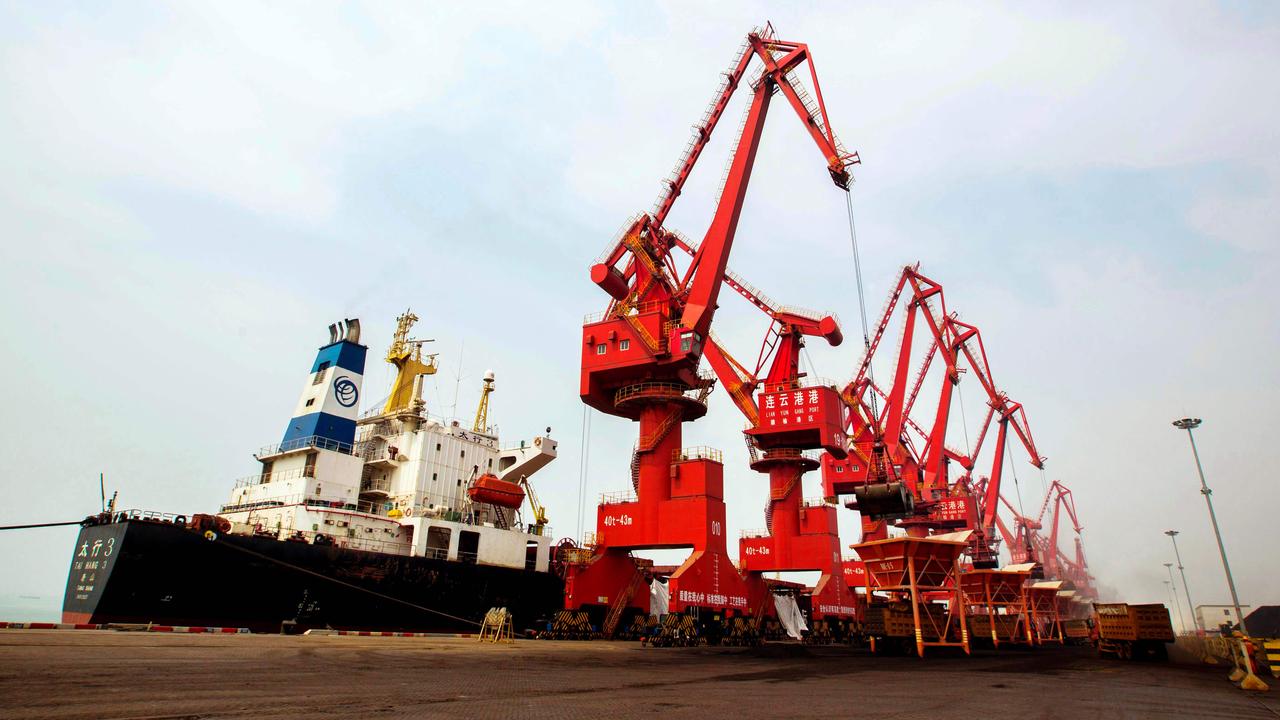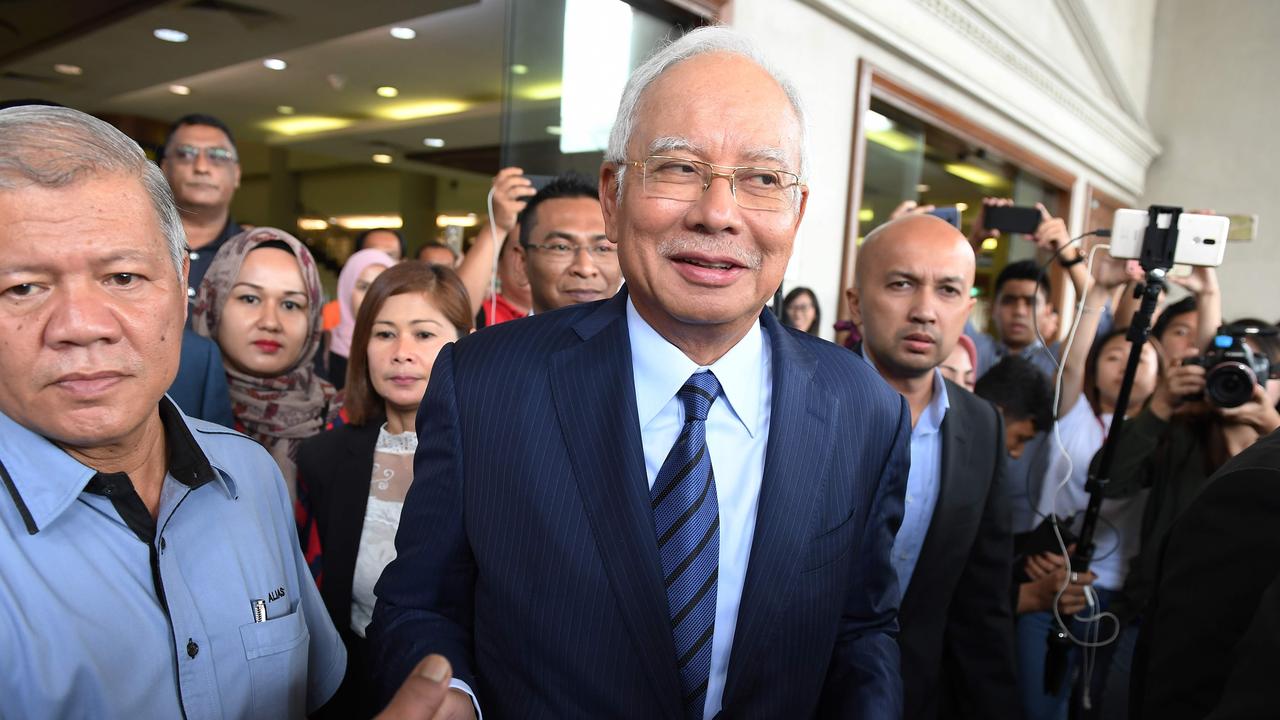Why the Chinese are willing to pay over the odds for local property
Chinese people like to be able to view their assets, and the family home lies at the heart.

The columnist and broadcaster Andrew Bolt asked two questions yesterday, about the National Australia Bank report that during the first quarter, 20 per cent of housing sold in NSW went to Chinese buyers.
“What on earth are we doing?” demanded Bolt. “And why are politicians permitting this?”
Myriad folk are asking and answering these questions.
But other questions are also important, but rarely tackled.
They include what is driving such Chinese purchases, and what may be in the minds of the buyers?
China has been not just in a state of uncertainty, but has itself been a state of uncertainty, for much of the past 150 years.
Australia’s gold rushes, which saw the first large scale migration of Chinese people here, coincided with the start of a big drift from Guangdong and Fujian provinces particularly to Southeast Asia.
Australia infamously shut its doors to Chinese migration through the first half of the 20th century, and after that, during the dark days when China was ruled by Mao Zedong, it was difficult for people to leave — certainly with any assets.
Since then, as China entered its “reform and opening” period, it has been easier for people to accumulate wealth, to take it out, and to accompany it.
The government has actively encouraged investing overseas — though it prefers, naturally, to play a role in directing it, and deciding which people are deployed to manage it.
In recent times, the “push” factor has been enhanced by the anti-corruption campaign, whose targets are difficult to discern since in hindsight many of the ways in which individuals and families have accumulated wealth over the last 20-30 years may be open to question.
Such uncertainties at home are again acting as a driver.
Why is real estate the prime target, though? What is its “pull” factor?
Property has always been the cornerstone of confidence and stability for Chinese people. They may have a flutter on stockmarkets, especially during this bumper year. Even more likely, they will run a cash business.
But traditionally, they like to be able to view their assets. They may own gold jewellery, perhaps keeping it in a bank vault. And the family home lies at the heart.
Often, financing is far from the biggest issue. If a loan is needed, it may well come from a personal connection, or if the family is of sufficient status to obtain Chinese bank backing, the repayment of either principal or interest need not follow any recognisable timetable.
Carl Jetter, managing director of Australia China Connections, says that “the knowledge that Australian property is theirs for ever” is a powerful attraction.
For in China, all land remains state owned, and the maximum lease for residential property is 70 years. The Australian homes will be bought with their children in mind, and thence for dynastic generations.
Chinese buyers also tend to relish newness. They are pioneers in creating a brave new Chinese dominated world.
Culturally, some Chinese people also prefer if they can afford it not to live in a place where someone might have died. They don’t like to buy second hand cars, and certainly not op-shop clothes. The same goes for housing.
If they buy a “used” house, their instinct is often to knock it down and build anew.
And the older generation of Chinese buyers still tends to lack confidence in its own taste, thus tending to build in a template that is taken from the faux-classic European style that dominates the sometimes-gated estates of identical “villas” that surround most Chinese cities today.
Chinese property buyers often mentally convert prices instantly into yuan, says Jetter, who has witnessed hushed discussions about yuan values during auctions on Melbourne streets.
This has helped provide a perception of value for money as the dollar has slipped further behind the yuan.
Losing face, he points out, is another big issue fostering Chinese purchases for high prices. Especially in front of an auction crowd of, say, 50 people including friends and relatives, “losing face can be a more important factor in driving people to pay a higher price, than value”.
And after buying a property, the owner may well be prepared to keep it empty rather than let it out — puzzlingly, for many Australian neighbours.
That might be because the owner intends to use it herself or himself at some undecided time, and would prefer to keep it “new” rather than have it rented.
Or it might be that the price the owner has determined is not being met by any potential renter.
Rather than drop the price and lose face, the owner may leave it empty — especially if there’s no financing involved, or no pressure from the financing source.
I take some small pleasure from recalling how I too was faced by this seeming nonchalance about renting a new Beijing apartment on the part of the owners, a married couple of Chinese hi-tech high-flyers — since my budget wouldn’t quite stretch to meet their expectation.
In a stroke of luck more than inspiration, our negotiations ran on into New Year’s Eve — a crucial time in Chinese tradition to resolve such financial issues.
I cheekily suggested that settling the contract would guarantee them good luck throughout the coming Year of the Dog. They looked at each other, smiled, and settled.



